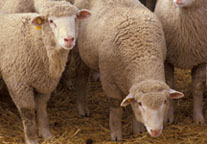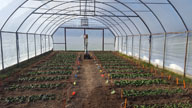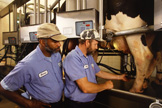
Looking to increase your milking efficiency and save time? See the NNYADP report on “Assessing Automatic Cluster Remover Settings on Milking Unit Time-On, Total Milk Yield, and Teat Condition in NNY Dairy Herds” report. Project leader Dr. Paul D. Virkler, D.V.M., with Quality Milk Production Services noted, “Reducing the milking time per cow 27 seconds added up to a gain of 15.8 minutes per milking shift. . . with no additional labor cost and no detrimental effects on milk production or udder health.”
Dr. Virkler is currently in Year 2 of a project “Assessing the Effect of E-Learning Training Systems on Milk Quality and Parlor Performance.” The project is working with milk parlor employees on several NNY farms.
Click here to read the Milking Unit Time-On report: https://nnyagdev.org/index.php/research-news/research-projects/
Click here to read the Year 1 results of the milker training project: https://nnyagdev.org/wp-content/uploads/2020/04/NNYADPDairyeLearningReport1920FINAL.pdf
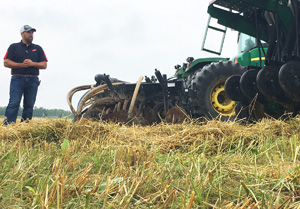

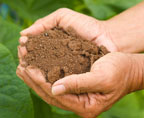
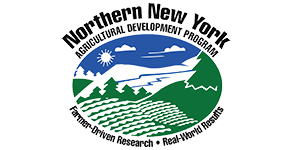 Funding for the Northern New York Agricultural Development Program is supported by the New York State Legislature and administered by the New York State Department of Agriculture and Markets. Learn more at
Funding for the Northern New York Agricultural Development Program is supported by the New York State Legislature and administered by the New York State Department of Agriculture and Markets. Learn more at 